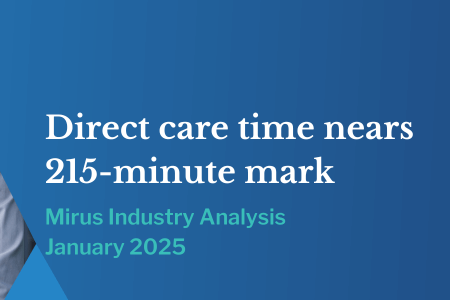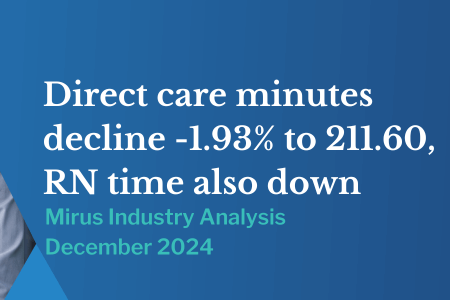What’s going on with the Severe Behaviours Supplement replacement?
September 10, 2015 | Aged Care Management

The Dementia and Severe Behaviours Supplement provided a critical source of funding for the aged care sector up until its cessation in 2014. Essentially, it provided additional resources for providers caring for those with severe behavioural and psychological symptoms of dementia.
Understandably, the replacement solution has been under close inspection, as it will need to provide for an even larger group of affected individuals. At the latest count, Alzheimer’s Australia found there were over 342,800 Australians living with dementia, with the number expected to hit 400,000 in less than ten years time. Looking further afield, it could hit 900,000 by 2050.
Alzheimer’s Australia found there were over 342,800 Australians living with dementia.
An alternative approach for a growing issue
The new solution is taking a different approach, with the aim centring around provider education for those affected. Recently, the funding round closed for new Severe Behaviour Response Teams, a mobile workforce that can visit various Commonwealth funded approved residential providers that need assistance when it comes to caring for patients.
These teams, once they arrive onsite, will be required to assess the causes of the behaviour in residents and assist facility staff until the immediate issue is resolved. For example, if an affected individual is having trouble within a facility, these teams can help care staff to overcome the issue.
After this quick solution, the teams can provide additional training for staff so they’re better able to manage such patients in the future. Then, they can develop care plans. It’s important not to understate how serious these issues are – for many staff it can be an extremely trying time.
The funding round has recently closed for the first teams.
Looking ahead
The funding round has recently closed for the first teams, the initial groups that will be able to start putting the new approach into action. The formation of these new care teams represents a substantial $350 million over the next four years, and it’s an investment that will likely keep climbing in line with resident numbers.
Certainly, the faster they’re able to start visiting facilities the easier it will be to care for these patients.
Dementia is an issue that’s really showing no sign of slowing down, and without the right workforce and financial strategies, it could prove to be a real burden for aged care providers. The formation of these teams will prove a useful aid over the next few years.
What do you think are the biggest opportunities for success in the aged care industry today? Please contact us and let us know!


